
- Home
- Trend
- Weight Loss Strategies
- Acne Tips
- Hair Health Information
- Blemish Removal Tips
- Acne Scar Removal Tips
- Muscle Building Techniques
- Intimate Care Tips
- Postpartum Intimate Care
- Eye Bags Wiki
- Tips for Face Slimming
- Secret of Permanent Hair Removal
- Breast Enlargement Tips
- Cure to Snoring
- Marionette Lines
- Skin-Tightening Secrets

免費體驗
S6 Body Sculpting Treatment
1 Minute Self-Registration
Date should not be before minimal date
You've finally found a workout routine that you love, and you're committed to sticking with it - but have you considered the essential role that nutrition plays in supporting your fitness goals? A well-organized fitness food plan can be the game-changer that takes your progress to the next level. By fueling your body with the right foods at the right times, you can optimize your performance, accelerate recovery, and even transform your physique. But what exactly does a fitness food plan entail, and how can you tailor it to your individual needs and goals?
1
Importance of combining a fitness routine with a nutritious diet plan
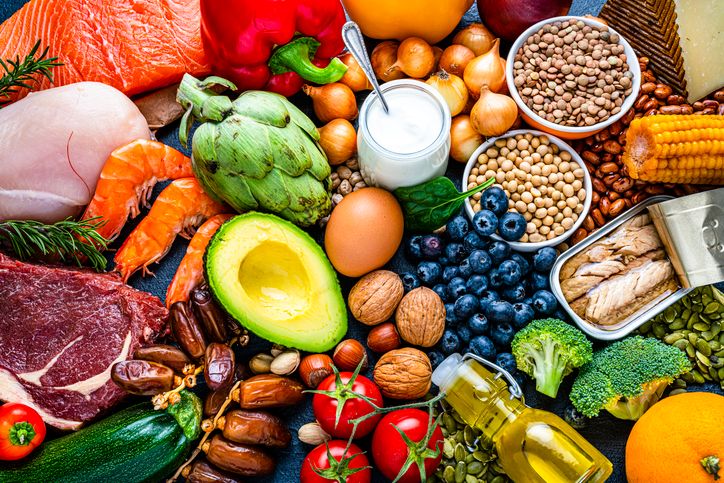
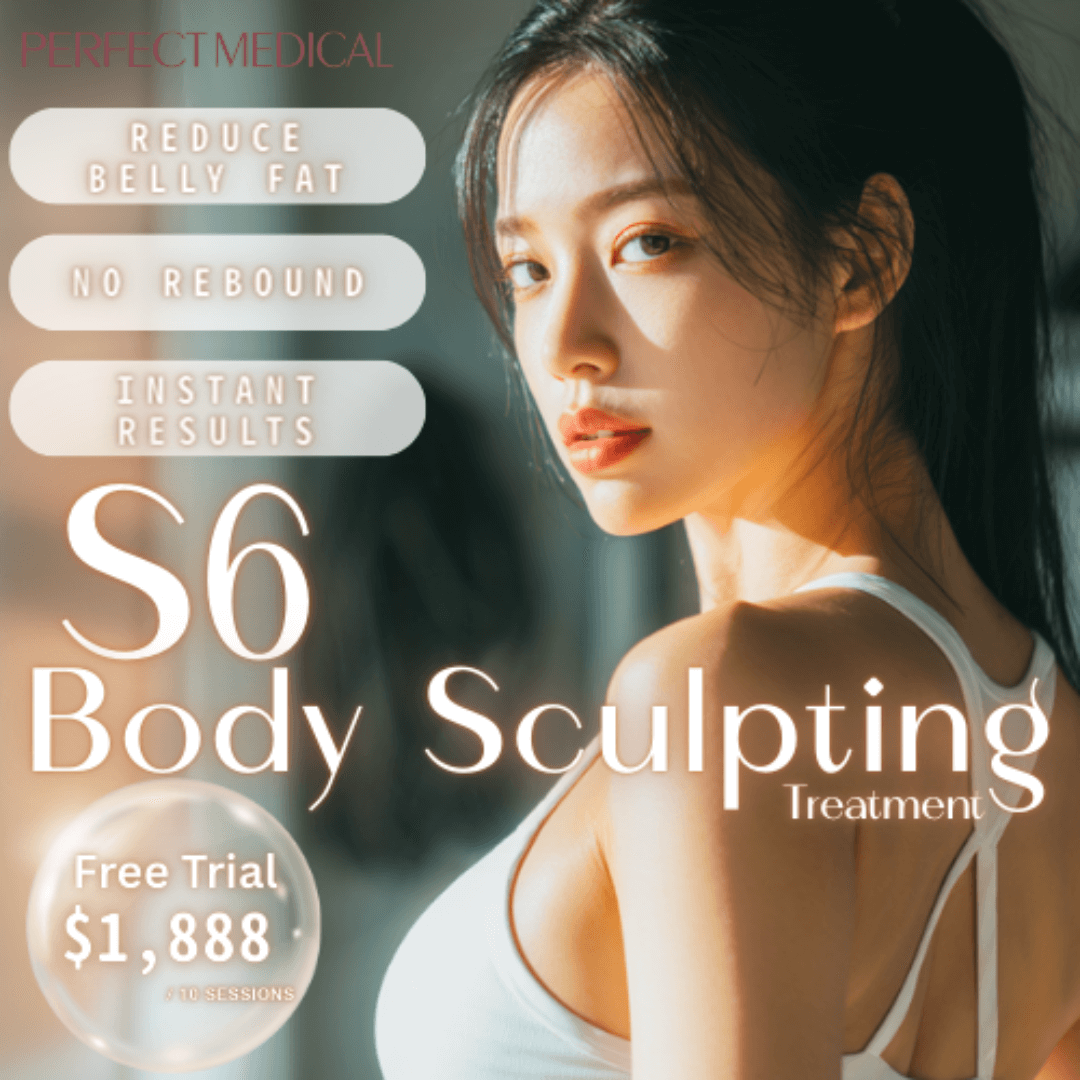
2
How a Fitness Meal Plan supports workout goals?

- How To Fix Postpartum Diastasis Recti: 4 Major Causes + 5 Core-Strengthening Tips
- Egg Diet: Benefits, Nutrition Insights & 4 Expert-Recommended Meal Plans
- 14 Green Tea Benefits for Skin Beauty, Weight Loss and Overall Health
- How to Lose Weight Fast Naturally and Permanently: 6 Fat Loss Mistakes You Are Making + 14 Secrets to Boosting Healthy Weight Loss!
3
Nutritional Needs for Fitness

Macronutrients: Proteins, Carbohydrates, Fats
Micronutrients: Vitamins and Minerals
Hydration and its importance

4
What and How to Eat In Healthy Meals
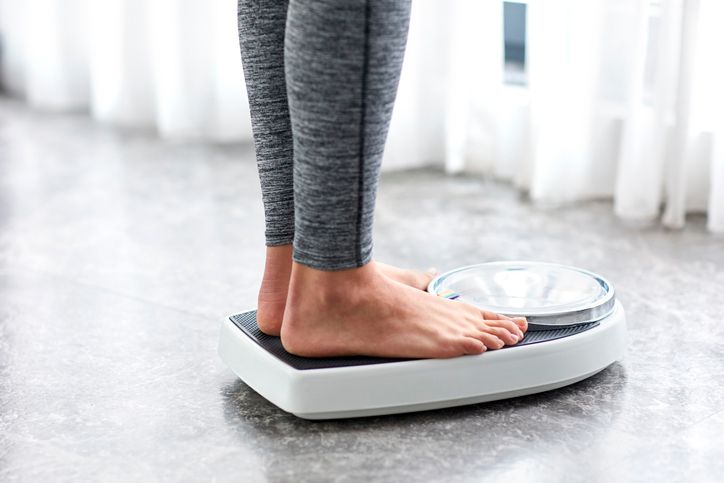
High-protein foods: Chicken, fish, tofu, legumes and more
Complex carbohydrates: Whole grains, vegetables, fruits and more
Healthy fats: Avocado, nuts, seeds, olive oil and more
Nutrient-dense snacks: Greek yogurt, protein bars, nuts and more
免費體驗
S6 Body Sculpting Treatment
1 Minute Self-Registration
Date should not be before minimal date
5
Sample Meal Plan (3 Days)
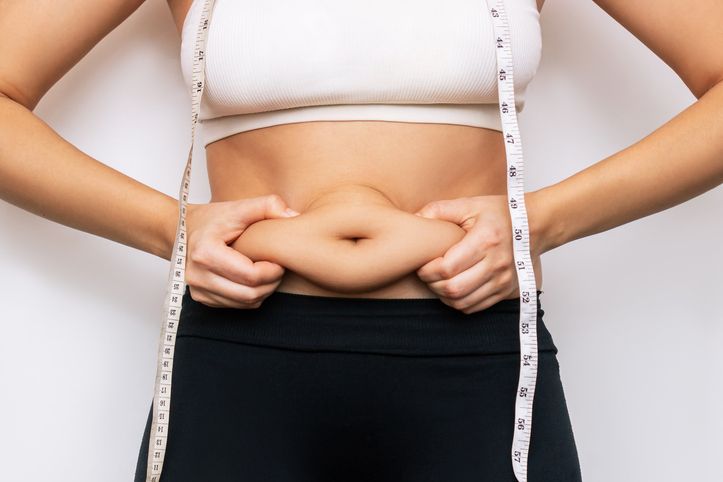
Monday, Thursday, Sunday
Tuesday, Friday
Wednesday, Saturday
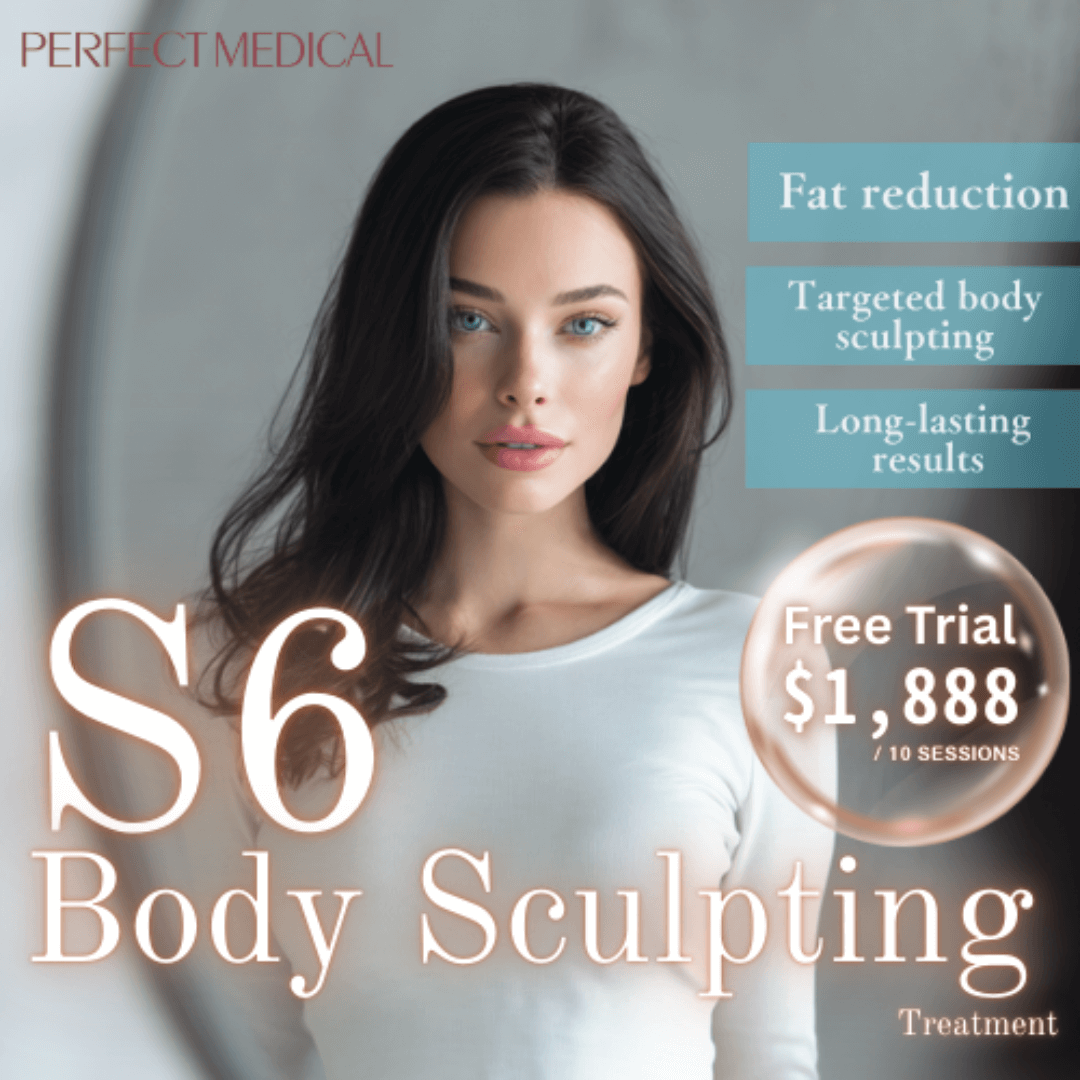
6
Pre and Post-Workout Nutrition To Help Tone Body and Lose Weight

Best foods to eat before a workout
Optimal post-workout meals for recovery
7
Want a Toned, Slim Body? Hate Dieting? Try S6 Body Sculpting Treatment!
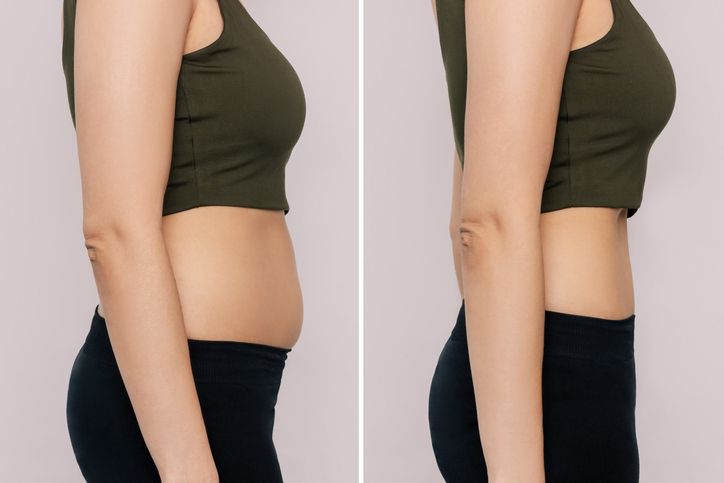

8
Adapting the Plan to Individual Needs

Adjusting caloric intake based on fitness goals
Modifying the plan for dietary restrictions
免費體驗
S6 Body Sculpting Treatment
1 Minute Self-Registration
Date should not be before minimal date
9
Tips for staying on track of a Fitness Food Plan

Incorporating variety to prevent meal fatigue
Setting realistic goals
Keeping a food and workout journal
Celebrating milestones
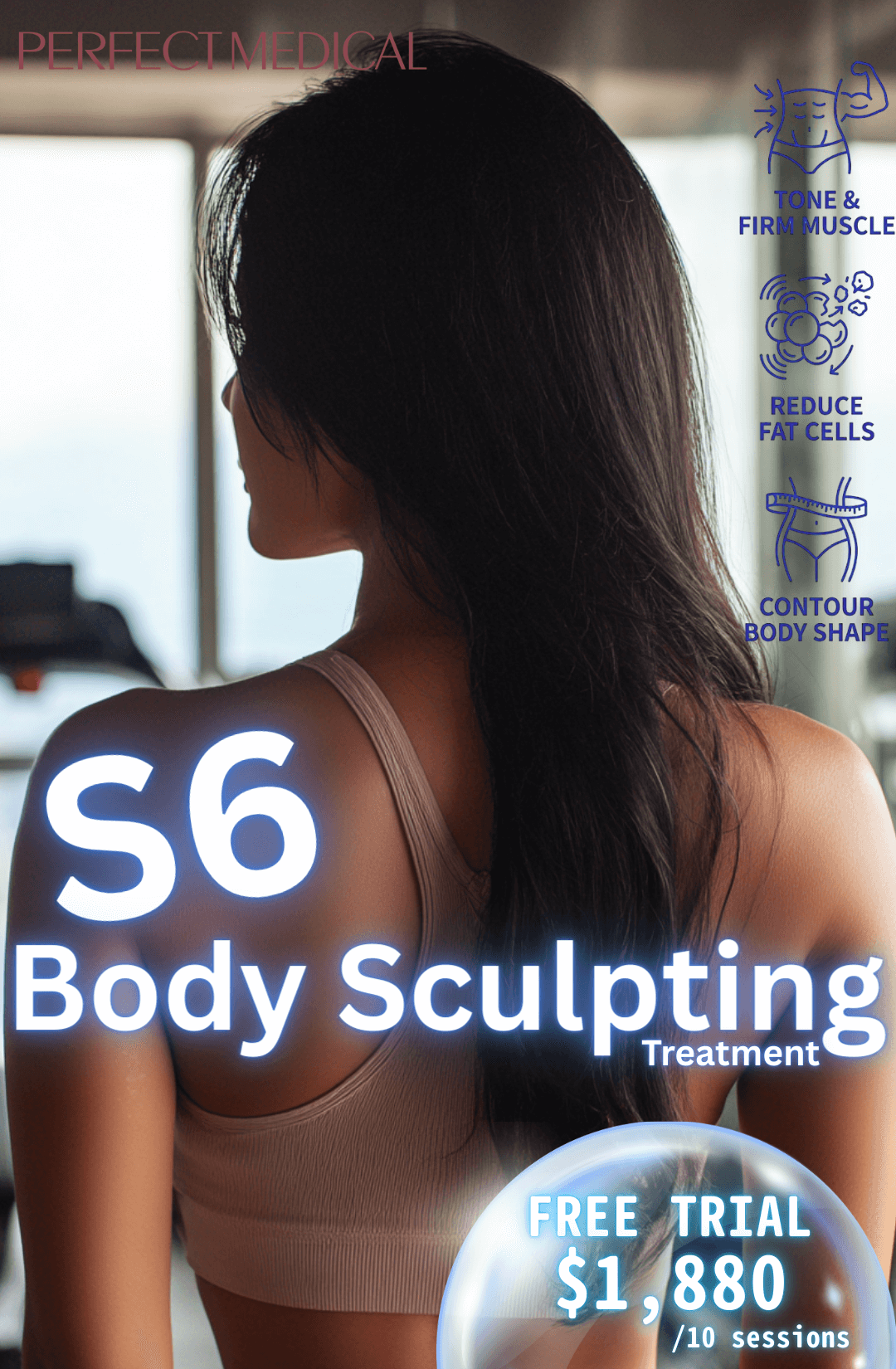
免費體驗
S6 Body Sculpting Treatment
1 Minute Self-Registration
Date should not be before minimal date
FAQ

What is a fitness food plan?
A fitness food plan is a structured approach to nutrition that supports your fitness goals by providing the right balance of macronutrients (proteins, carbohydrates, fats) and micronutrients (vitamins, minerals) to optimize performance, recovery, and overall health.
How does a fitness food plan benefit my workouts?
A fitness food plan fuels your body with the necessary nutrients to enhance workout endurance, support muscle recovery, and promote body composition changes. It provides sustained energy, aids in muscle repair, and helps you reach your desired fitness goals.
What are some examples of high-protein foods for a fitness food plan?
Incorporate high-protein foods like chicken, fish, tofu, and legumes into your fitness food plan. These lean protein sources provide essential amino acids for muscle growth and repair, supporting your fitness goals.
What are some nutrient-dense snacks for a fitness food plan?
Greek yogurt, protein bars, nuts, and whole fruits are examples of nutrient-dense snacks that provide sustained energy and support your fitness goals. They aid in muscle recovery, offer convenience, and supply essential nutrients like healthy fats, fiber, and protein.
How should I adjust my fitness food plan based on my goals and dietary restrictions?
To tailor your fitness food plan to your goals, adjust your caloric intake accordingly by increasing calories for muscle growth or reducing them for fat loss. For dietary restrictions like veganism, nut allergies, lactose intolerance, or gluten intolerance, make substitutions using plant-based alternatives, nut-free sources, lactose-free products, or gluten-free options while ensuring nutrient needs are met.








